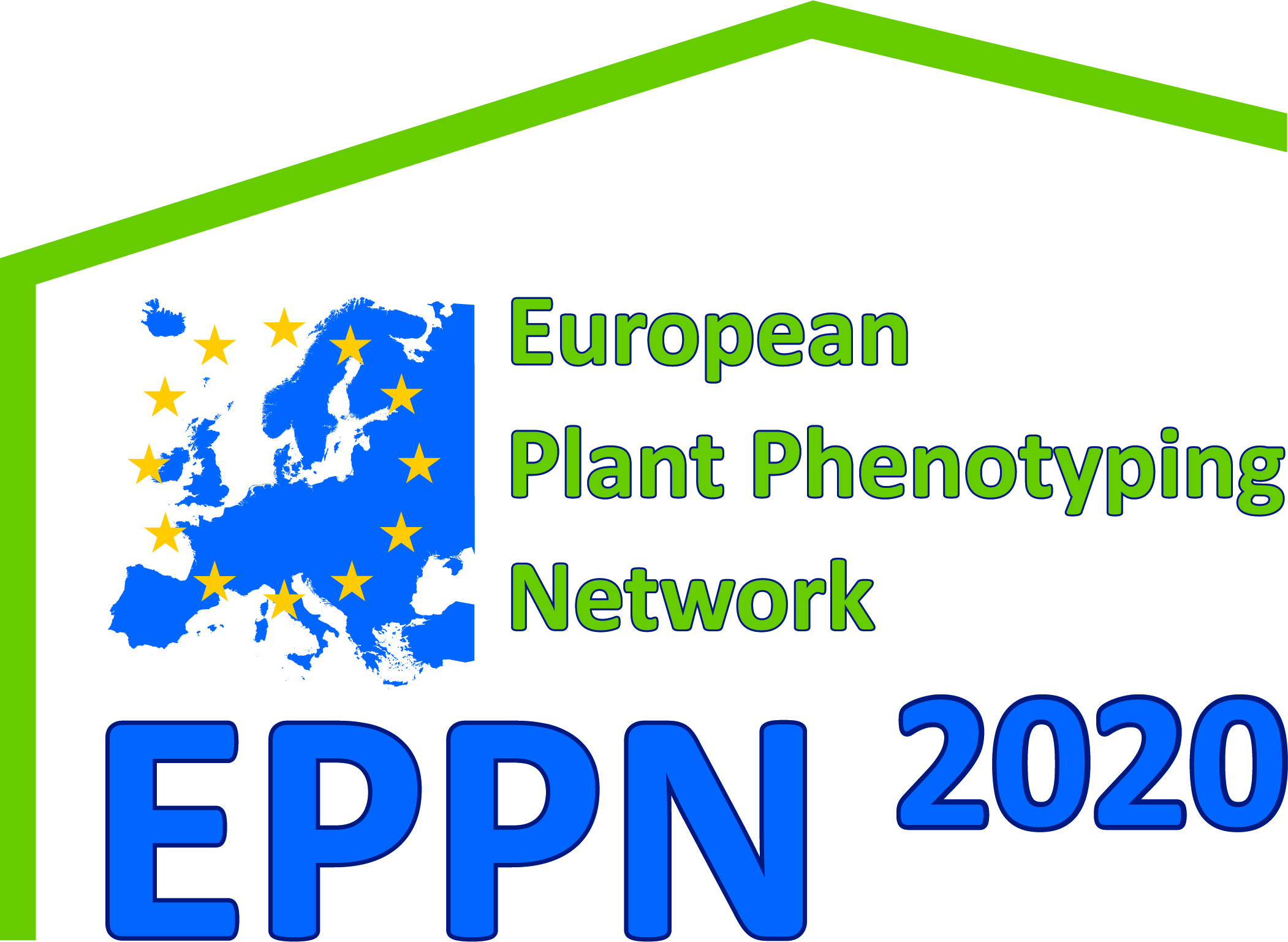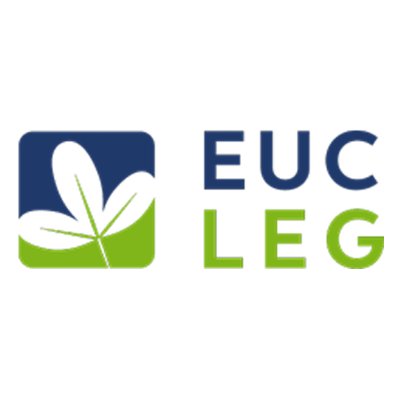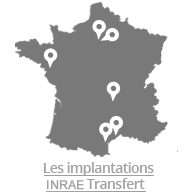
EPPN2020 is a research infrastructure project funded by Horizon 2020 Programme of the EU that will provide European public and private scientific sectors with access to a wide range of state-of-the-art plant phenotyping facilities, techniques and methods, and help boost the exploitation of genetic and genomic resources available for crop improvement that represents a major scientific challenge for this coming decade. EPPN2020 specifically aims to facilitate the community progressing across the whole phenotyping pipeline, involving sensors and imaging techniques, data analysis in relation to environmental conditions, data organization and storage, data interpretation in a biological context and meta-analyses of experiments carried out on different organs at different scales of plant organization.
Specifically EPPN2020 includes:
- Access to 31 key plant phenotyping installations
- Joint research activities to develop: i) novel technologies and methods for environmental and plant measurments, ii) tools for statistical analysis and iii) a European plant phenotyping information systems
- Networking activities to increase integration between phenotyping facilities and users within and outside of EPPN2020
EC funding : 9,999,999.50€ (Budget/total costs 10 220 249€)
Duration : 4 years
Start : 1st May 2017
Coordinator : Dr François Tardieu francois.tardieu@inra.fr
Project's manager : Bénédicte Ferreira benedicte.ferreira@inra.fr
Website : https://eppn2020.plant-phenotyping.eu/



 VetBioNet :
VetBioNet :  EUCLEG :
EUCLEG : SolACE :
SolACE :